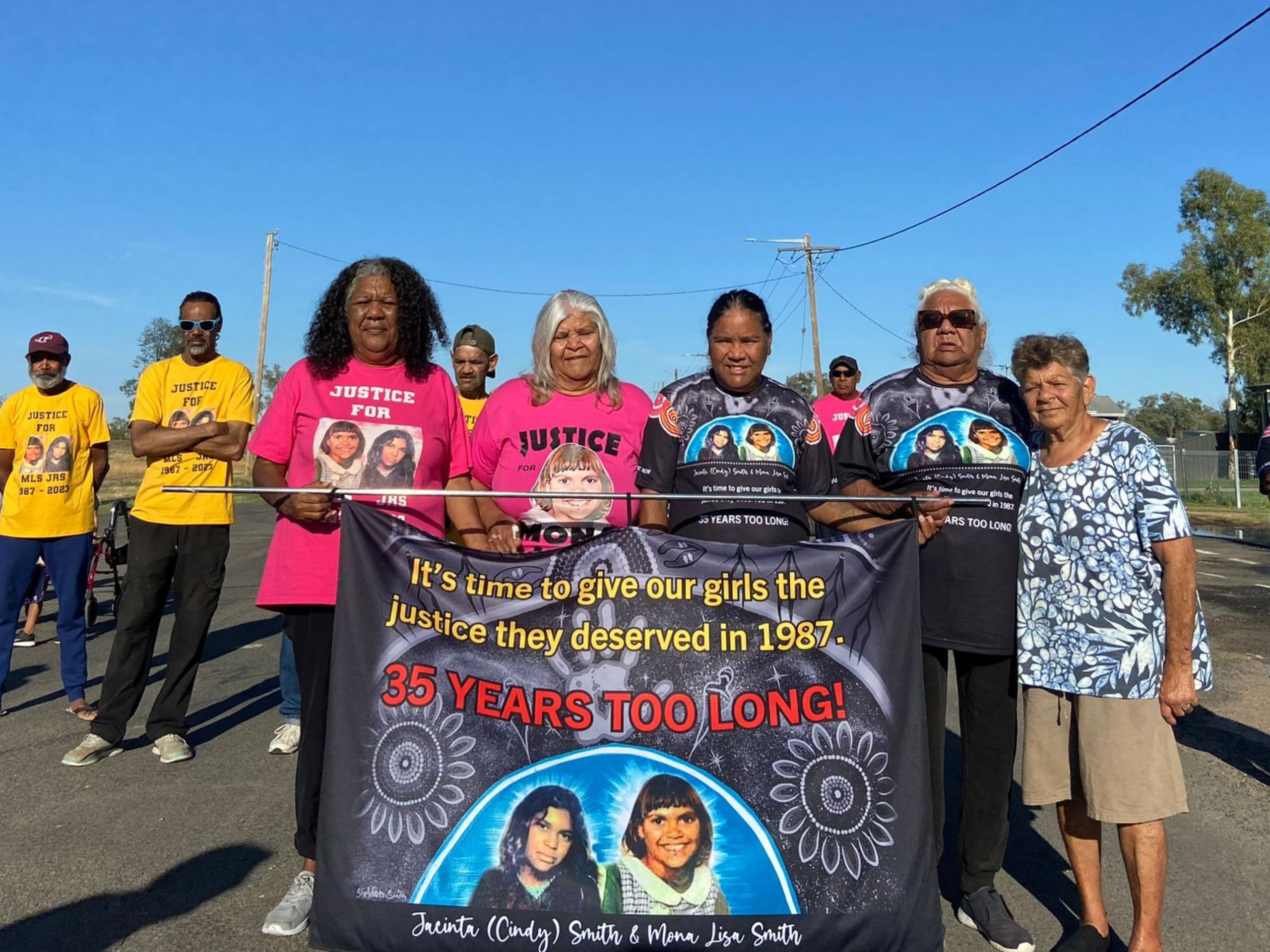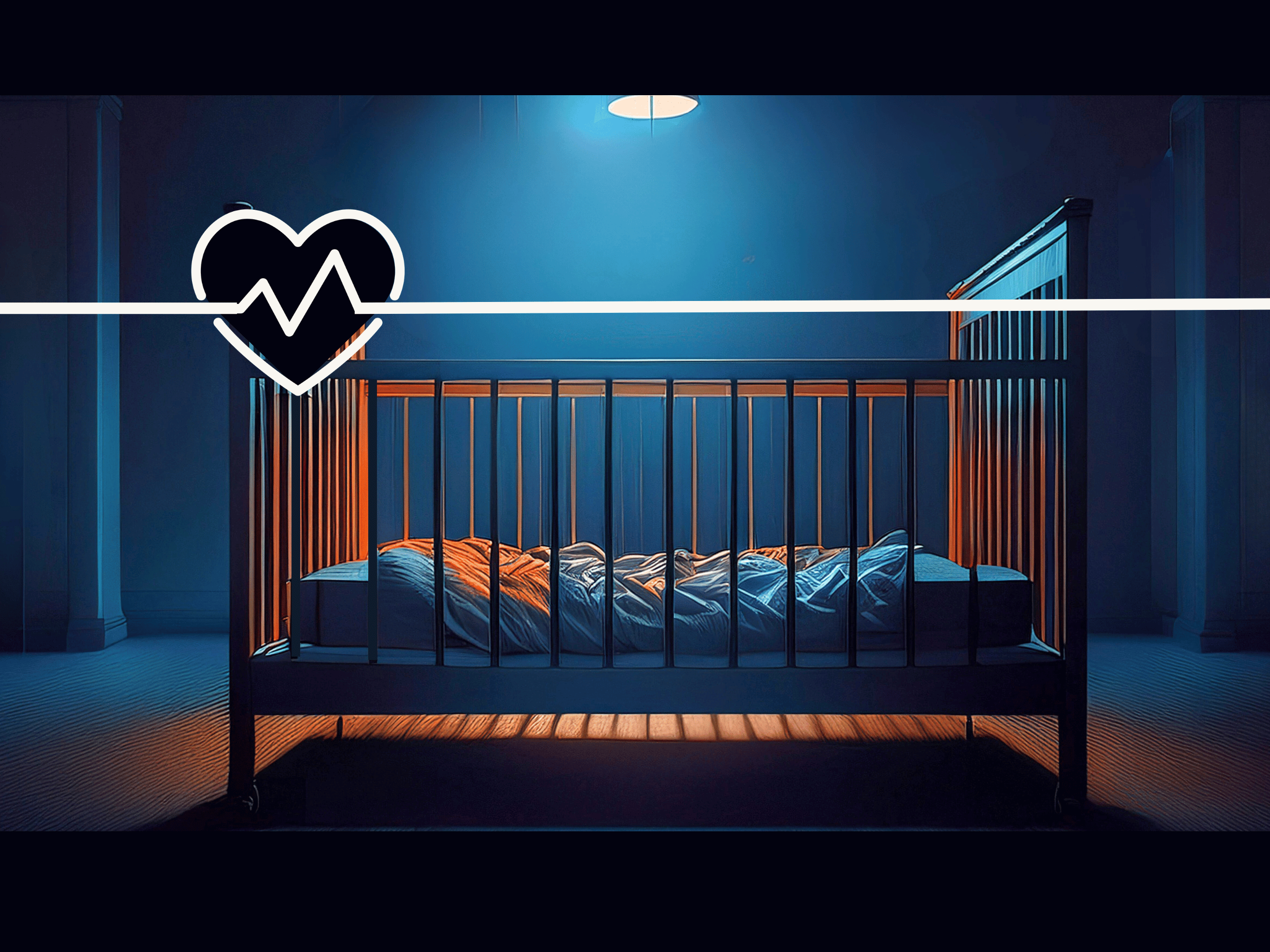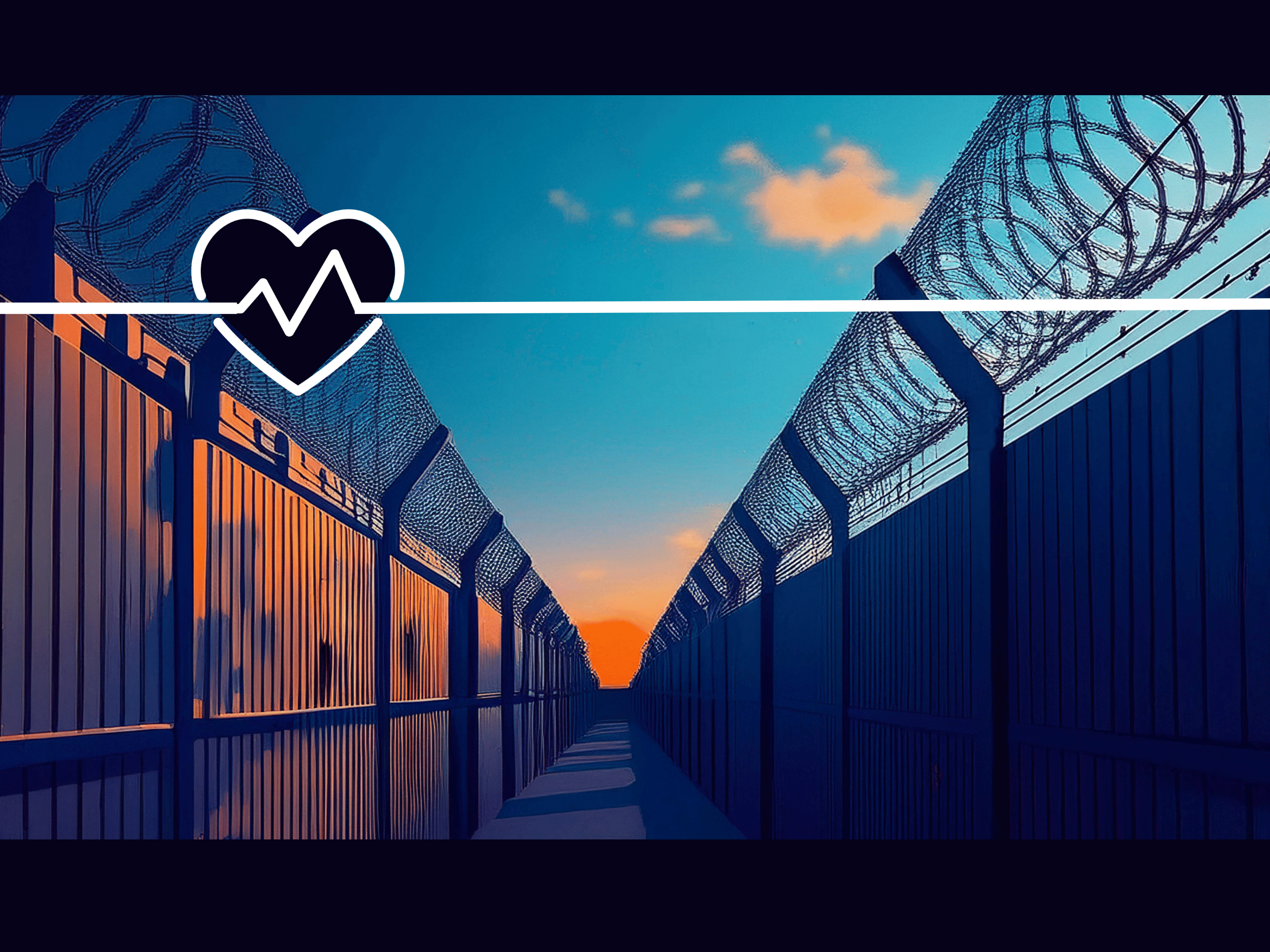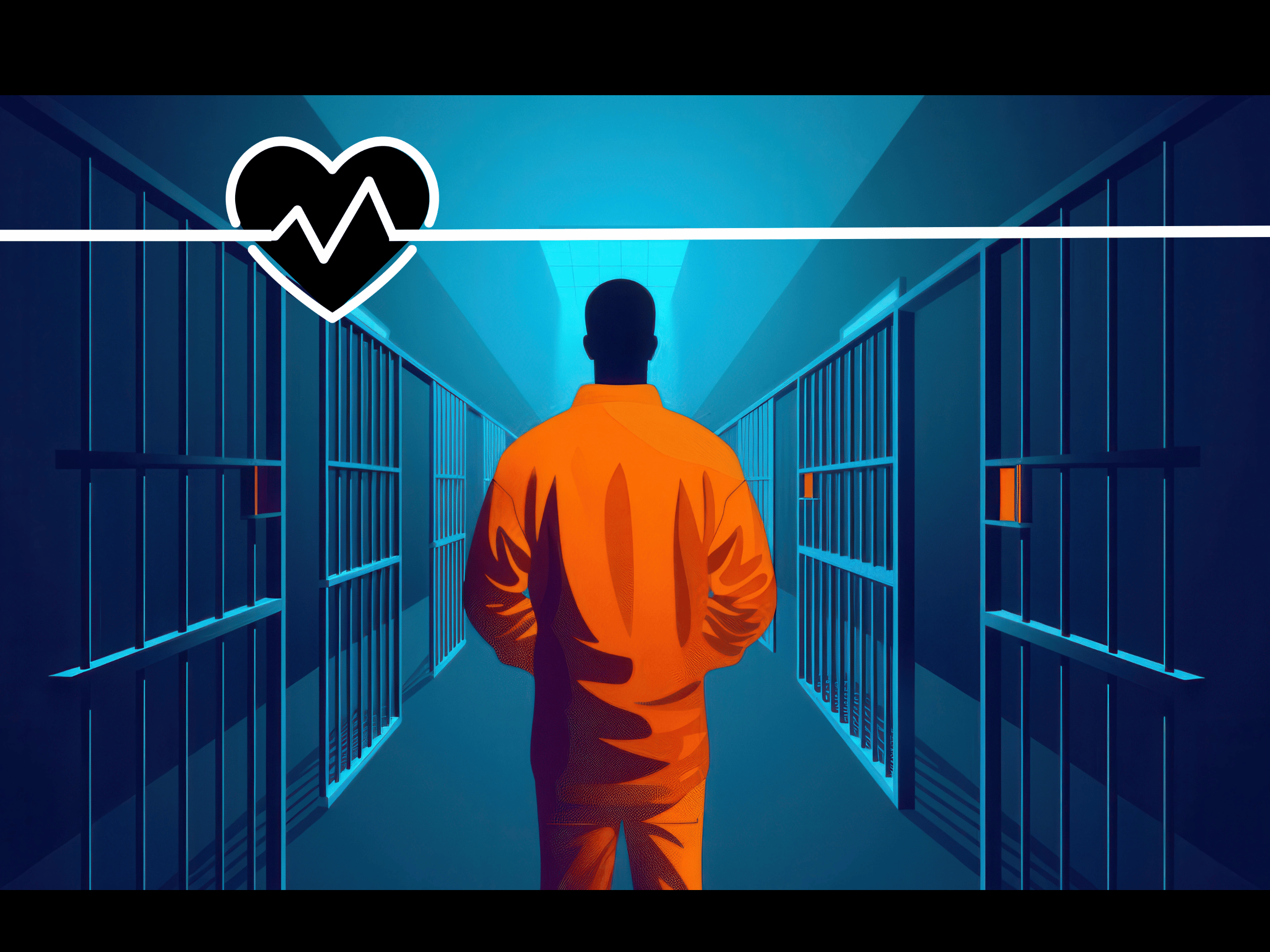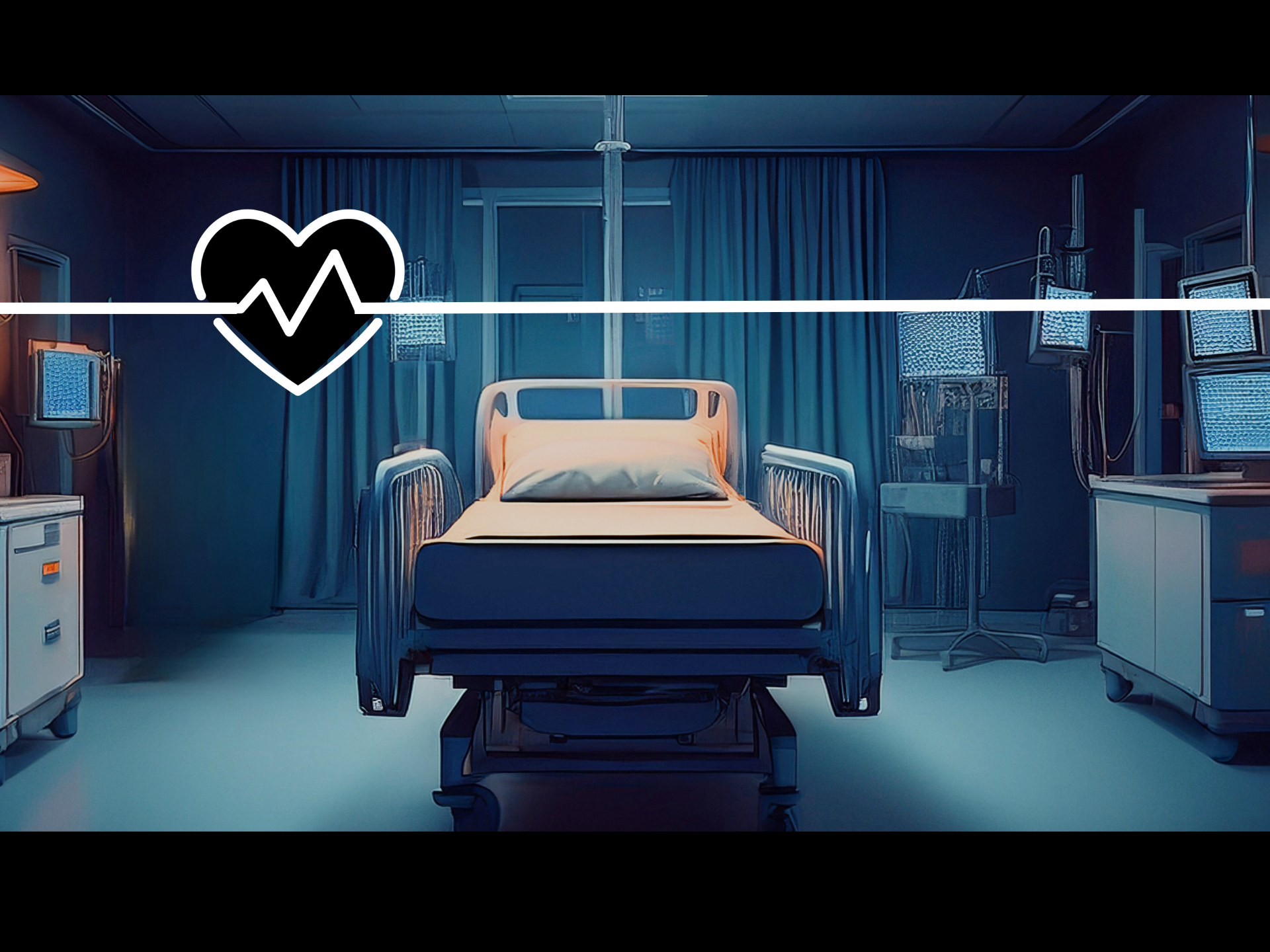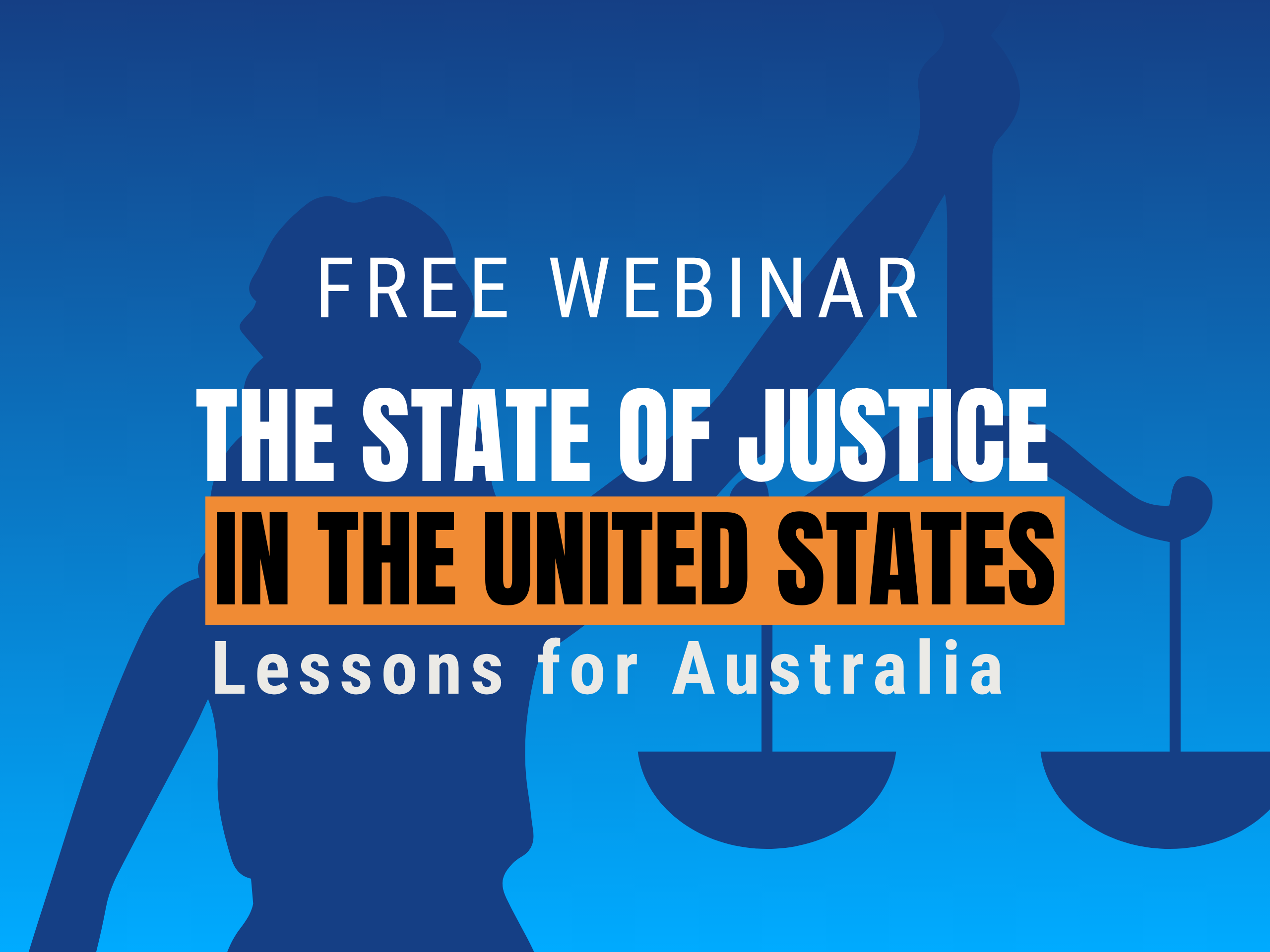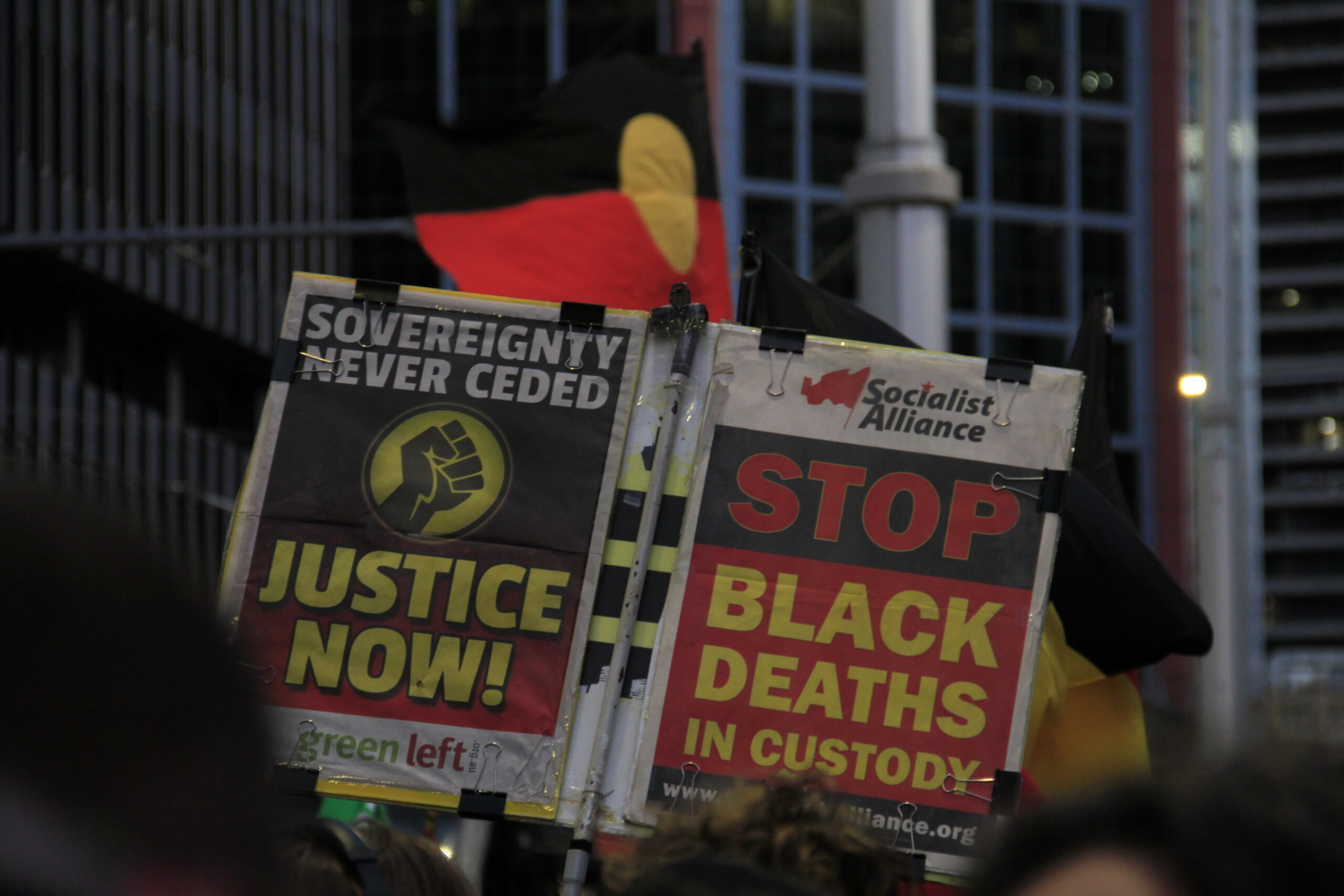A day in the life of Ariane Dozer sounds truly hectic. “No two days are the same,” she laughs. “I’m juggling lots of different moving parts! My day might include meeting with partners to collaborate with on projects; drafting or reviewing content or submissions or other policy work; and there might be some legal work thrown in there. I might work with our clients to figure out how we can support them and what the next steps in the process are. I’m also often working with internal and external stakeholders to progress any one of the many initiatives we are involved in. Or I might be speaking with students in university clinics and reviewing their work – it’s very diverse.”
A human focus
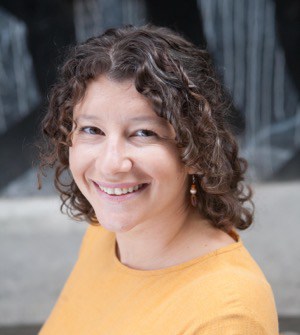
Ariane has always enjoyed variety. At university, she studied communications, social policy and law. “I knew from very early on that to keep me engaged and stimulated, there needed to be a human focus to the work or the content that I was engaging with. The exciting subjects that motivated me – international refugee law, Indigenous knowledge and the law, or any of the social policy subjects – were subjects that looked at social policy, history and considered humanity as central to developing knowledge and understanding. Meanwhile contracts, property law, tax law, administrative law and so on sent me to sleep!”
Digital Justice Revolution
A key part of Ariane’s role is collaboration with communities and representative organisations on projects such as the NJP Digital Justice Revolution. This project aims to increase access to justice through a combination of technology, partnerships and advocacy.
“It’s a big project, involving academic institutions, law firms and community organisations,” says Ariane. “It looks to enable people who experience discrimination or another form of grievance or injustice to seek redress or have their experiences heard and addressed in a way that’s accessible. Currently systems and agencies aren’t really set up in a way that makes it easy for people to take action to address an incident. We are developing technological tools, partnerships and outreach to support community members in finding these less traditional legal avenues that might have the potential to be much more accessible than court or litigation.”
The project encompasses online tools providing accessible information to help people understand their options and take action themselves. “But we also recognise that not everyone has the technology or the skills to be able to access those tools, so support is also available on the phone and face to face where needed.”
CopWatch is another initiative of the Digital Justice Revolution. “Before my time, NJP launched CopWatch to educate people, particularly Aboriginal and Torres Strait Islander young people around their rights with police. This was years ago – now we all pick up our phones and use the camera – but back then things were different.” The NJP team travelled to communities teaching people how to legally record interactions with the police, how to protect themselves, and critically how to de-escalate situations to avoid police violence and criminalisation. “Reducing those negative interactions as well as ensuring police are held accountable for their actions is so important,” says Ariane. We are hoping to refresh and relaunch CopWatch in 2022.
Driven by purpose
Descending from the Gayiri and Badtjala peoples, Ariane has always been passionate about achieving equity and justice for Aboriginal and Torres Strait Islander communities, particularly in the child welfare and justice systems.
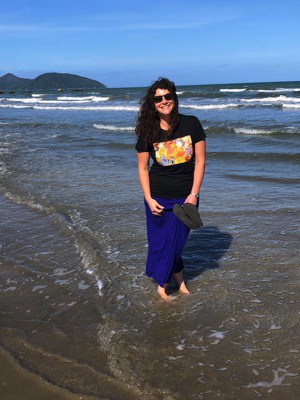
“I knew from quite early on that I wasn’t going to be satisfied in a job that wasn’t genuinely making the world a better place for the community and for others,” says Ariane. “It sounds super clichéd, but it’s all about knowing that what I’m dedicating my time and my energy to is not for profit or greed or even to advance my own career, but to disrupt the power imbalances that have for generations tried to oppress some members of the community whilst feeding wealth and power to others. I think that we all have a responsibility and I feel very lucky to have had multiple roles where I can feel I’m making a real difference.”
Ariane joined NJP in 2018 part-time to work on a discreet project, and in 2020, she joined the team full-time following stints at the AHRC, the NSWALC and the Disability Royal Commission. She was excited by the opportunity to contribute to significant projects with real world impact without the red-tape and bureaucracy that can hamper progress in the public service.
Ariane recalls listening to Aboriginal and Torres Strait Islander women and girls around the country to inform Commissioner June Oscar AO’s Wiyi Yani U Thangani: Women’s Voices report as one of the most important projects she has been involved in. This landmark project was the first time since 1986 that the collective voices of First Nations women and girls have been heard and put on record. This important work, which Ariane continues to follow closely, will live on in the hearts of women and girls who participated, and will continue to grow through recently confirmed additional funding. The Wiyi Yani U Thangani team have recently launched a complementary animation, Yajilarra nhingi, mindija warrma (from dreams, let’s make it reality), which everyone should see.
Another important body of work that Ariane holds close to her heart is the Royal Commission into the Violence, Abuse, Neglect and Exploitation of People with Disability. While Ariane was involved only until the Interim Report, she has high aspirations that the process will deliver genuine outcomes for people with disability.
There are many exciting collaborations on the horizon for NJP and our partners in 2022.

